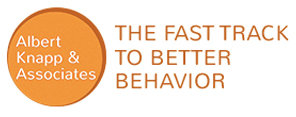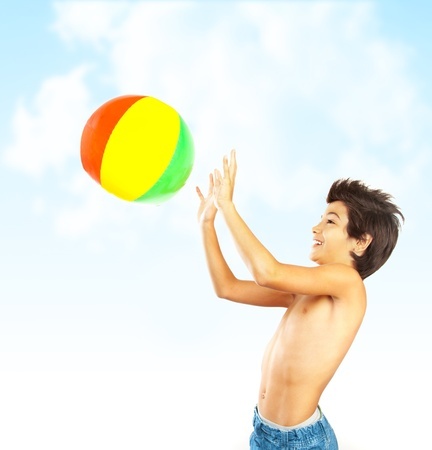It has been a persistent debate on the behavioral pattern of Attention-Deficit/Hyperactivity Disorder over the years. One can only refer to it if children manifest it for at least half a year, both at home and at school to have at least two environments compared, and the specific behavior recognized by at least two sources like the parent and the teacher.
As experts advise, heterogeneity is a characteristic of the different ADHD groups. The first subgroup comprises those with attention problems; the second – the impulsive types; and the third – the combined types. It seems that the symptoms of the first subgroup differ from the other two subgroups, which is backed by research papers.
The syndrome available during the child’s development is closely monitored worldwide, and – curiously – is observed in several cultures. Boys suffer more often than girls.
It is still to be proven, what the optimal treatment for a child having ADHD problems is. The objective of the available therapies, however, is to reduce the impact of the symptoms, and improve the child’s performance.
The behavior therapy for ADHD proves to be beneficial for the so-called paralinguistic skills of communication. Avoidance of having the child participating in an embarrassing classroom activity is another aspect of the approach. As to writing, if slow time is observed, the volume of writing may be decreased; test time can be prolonged; use of laptops may be encouraged, if deemed necessary and efficient. As to arithmetic, clear identification of the problem is needed, for example difficulty in learning by heart, or formula lack of understanding, etc., and tailoring an approach to solve the problem. The behavior therapy works well for this kind of management and teacher training, as well as for parent training – in the UK, for ex., the problem-solving is nationwide and there’s a screening tool.
A combined approach seems to have a positive effect on understanding the cognitive and behavioral youth development problems and disorders.
Resource link.
http://www.effectivechildtherapy.com/content/behavior-therapy-adhd


Recent Comments